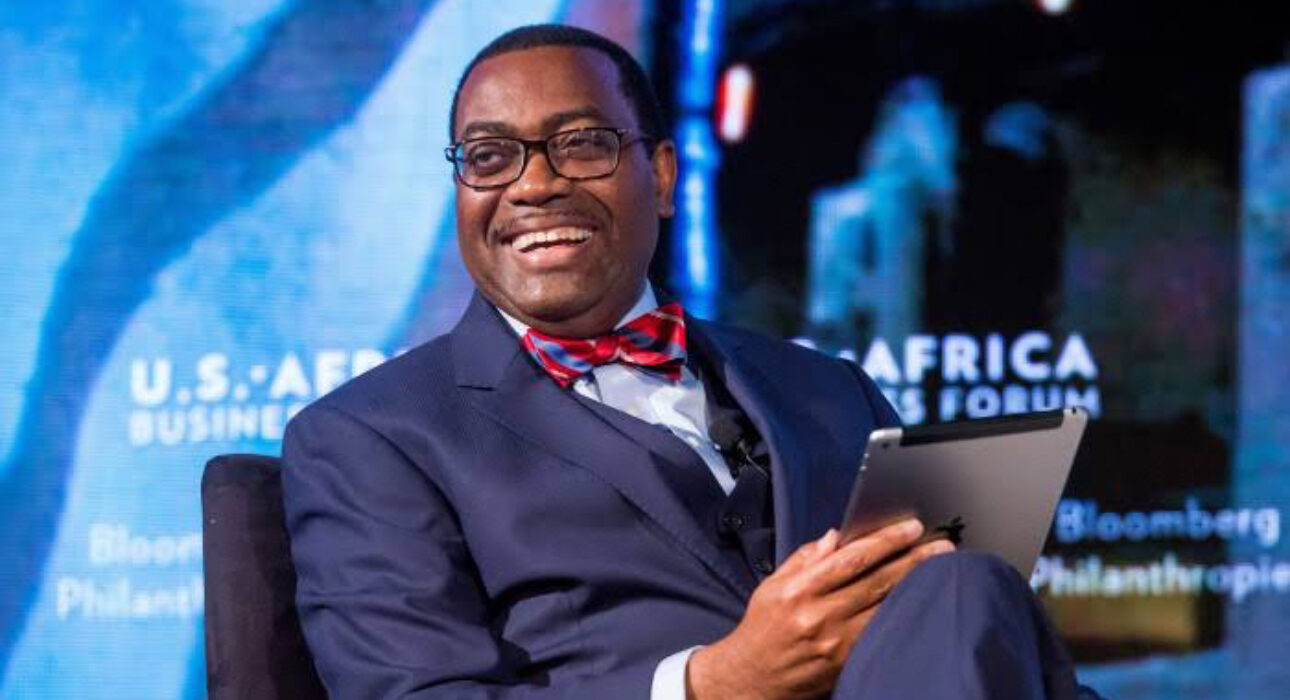Don’t Go into Tariff War with U.S., AfDB President, Adesina Warns African Nations

President of the African Development Bank Group (AfDB), Dr. Akinwumi Adesina, has cautioned against African nations engaging in a tariff war with the United States.
Speaking in Abuja, he urged African countries to instead prioritize strategic trade and investment partnerships with the U.S.
Dr. Adesina warned that the recently introduced U.S. tariffs could trigger significant “shockwaves” across African economies. He highlighted the potential for weakened local currencies due to reduced foreign exchange earnings, increased inflation stemming from higher import costs and currency devaluation against the U.S. dollar, and a rise in debt servicing costs as revenue declines.
Acknowledging that Africa’s current trade volume with the U.S. is minimal, Dr. Adesina stated that engaging in a trade war would be unwise. He advocated for a “recalibrated” trade and investment partnership that would expand opportunities for mutually beneficial trade.
He emphasized the vast potential within Africa for U.S. investment in sectors such as infrastructure (rail, ports, corridors), agriculture, processing, and critical minerals.
“What is needed is more trade with the U.S.,” Dr. Adesina asserted, calling for open dialogue on the tariffs. He noted that the current global economic landscape, driven by geopolitical shifts, necessitates that Africa prioritize negotiations to ensure the continent is not negatively impacted.
Furthermore, Dr. Adesina urged African nations to “tariff-proof” their economies by focusing on boosting domestic consumption, adding value to their exports, and effectively implementing the African Continental Free Trade Area (AfCFTA).
He stressed that the era of relying on aid for development is over, and future growth must be driven by disciplined investment, improved resource management, and enhanced governance.
Dr. Adesina also pointed out the potential indirect negative effects of the U.S. tariffs on Africa. He suggested that as major developed economies like China and those in Europe and Asia face increased tariffs, their demand for African exports could decrease, potentially leading to a reduction in official development assistance to the continent.
He also expressed concerns about the future of the U.S. African Growth and Opportunity Act (AGOA), a key duty-free access agreement for many African nations that is set to expire this year, indicating that its renewal prospects appear “extremely low.”
In his address at the National Open University of Nigeria, Dr. Adesina also touched on the importance of enhancing education and technology sectors to address Africa’s challenges and drive economic development.
He emphasized that investing in these areas is crucial for cultivating a skilled workforce, empowering entrepreneurs, and positioning Africa as a significant player in the global digital economy.









